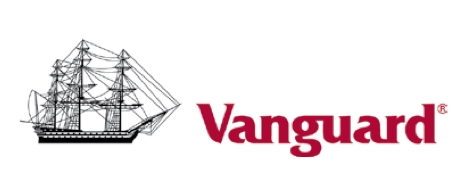The RDR consultation paper in section 2.9 refers to ETFs: "... to the extent that ETFs can be a cheap and transparent way to invest in a particular market, even under our current whole of market requirements, these products should be considered when deciding which products are suitable for a retail client." (FSA Consultation Paper 09/18- Distribution of retail investments: Delivering the RDR. June 2009, p11)
The FSA appears to have recognised that ETFs can provide a "cheap and transparent way to invest" just like other index funds and that they should be included as part of the "whole of market requirements."
The consultation paper picked up the two key benefits of ETFs for advisers: cost and transparency. They share these benefits with other index funds, such as Oeics.
Ultimately, index ETFs simply offer another way to index, although there are some features of ETFs that you will need to know about before using them for your clients.
What are the key points?
- ETFs have proven to be a popular and flexible way of delivering pooled index funds at an even lower cost
- They offer another way to index and build solid, diversified investment portfolios.
- ETFs are not going anywhere and advisers will need educate themselves to meet the whole of market requirement under RDR
- Costs are key and understanding the full 'round trip' costs, or the cost ofbuying,holding and selling an ETF, along with the breakeven point, are the keys to using ETFs wisely.
But it's worth repeating the fact that Ucits ETFs are just another fund that are covered by their normal permissions. They're really just another pooled diversified fund with flexible access.
Vanguard will be at the IFP Conference 2012 at the Celtic Manor Resort fom 1-3 October and look forward to seeing you there. Please come and see us on Stand 46 in the Exhibition Hall.

